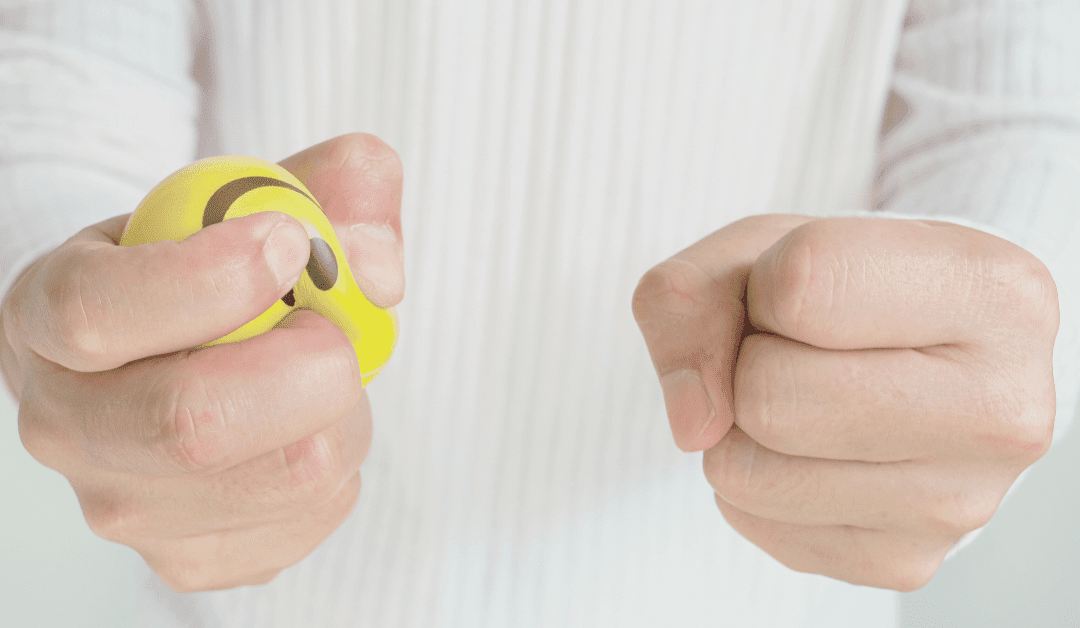Ever feel like your emotions control you, rather than the other way around? Many of us have been there. Feeling overwhelmed by anger, sadness, or anxiety can be debilitating, impacting our relationships, work, and overall well-being. This is where emotional regulation comes in.
Emotional regulation is not about bottling up your emotions or pretending they don’t exist. It’s about developing healthy strategies to manage your emotions effectively. It’s about learning to navigate the waves of your emotional experience, rather than being swept away by them.
Intrigued by the concept of emotional regulation but unsure where to begin? Let’s explore some key questions people often ask about this valuable skill:
What Exactly Does Emotional Regulation Mean?
Emotional regulation refers to the process of managing your emotions in a healthy way. This encompasses several components:
- Emotional awareness: The ability to identify and understand your emotions in the moment.
- Expression: Expressing your emotions in a healthy and appropriate way.
- Acceptance: Accepting your emotions without judgment.
- Modulation: The ability to manage the intensity and duration of your emotions.
By developing these skills, you can navigate challenging situations with greater composure and respond to your emotions in a way that aligns with your values and goals.
How Can I Improve My Emotional Regulation Skills?
The good news is that emotional regulation is a skill that can be learned and strengthened through practice. Here are a few strategies to get you started:
- Mindfulness: Mindfulness practices like meditation can help you become more aware of your emotions as they arise. By simply observing your emotions without judgment, you gain a sense of control over them. There are many guided meditations available online or through apps specifically designed to cultivate mindfulness.
- Cognitive reframing: This involves challenging negative thought patterns that contribute to strong emotions. By reframing these thoughts in a more positive light, you can manage your emotional response to a situation. For instance, instead of thinking “I’m going to fail this presentation,” reframe it to “I’m prepared and I’m going to do my best.”
- Healthy coping mechanisms: Develop healthy coping mechanisms to deal with difficult emotions. This could include exercise, journaling, spending time in nature, or talking to a trusted friend. Exercise is a well-documented way to improve emotional regulation, as it releases endorphins that have mood-boosting effects.
Can Emotional Regulation Help Me in My Relationships?
Absolutely! Emotional regulation is a cornerstone of healthy relationships. When you can manage your emotions effectively, you’re better equipped to communicate clearly, listen attentively, and empathize with others.
This leads to stronger, more fulfilling relationships. Let’s say you’re having a disagreement with your partner. By using emotional regulation techniques, you can communicate your feelings assertively without resorting to anger or blame.
This fosters a more productive and respectful conversation.
How Can I Start Practicing Emotional Regulation Today?
The key to emotional regulation is self-compassion. Be patient with yourself as you learn and grow.
Here are a few simple steps you can take today:
- Identify your triggers: Pay attention to situations or people that typically evoke strong emotions in you. Once you identify your triggers, you can develop strategies for managing your emotions in those situations.
- Take a time-out: When you feel overwhelmed by emotion, take a few deep breaths and step away from the situation. This allows your nervous system to calm down and gives you time to collect your thoughts. Excuse yourself from a conversation or take a walk outside to clear your head.
- Practice relaxation techniques: Techniques like deep breathing, progressive muscle relaxation, and visualization can help calm your nervous system and regulate your emotions. Deep breathing exercises are a quick and easy way to manage emotional intensity in the moment. Simply focus on inhaling slowly through your nose and exhaling slowly through your mouth.
By incorporating these practices into your daily routine, you can begin to cultivate the valuable skill of emotional regulation. Remember, emotional regulation is a journey, not a destination.
With consistent effort and self-compassion, you can develop the tools you need to navigate your emotional landscape with greater ease and grace. So take a deep breath, embrace the challenge, and embark on your emotional regulation journey today.
You deserve to live a life filled with emotional well-being and inner harmony.


